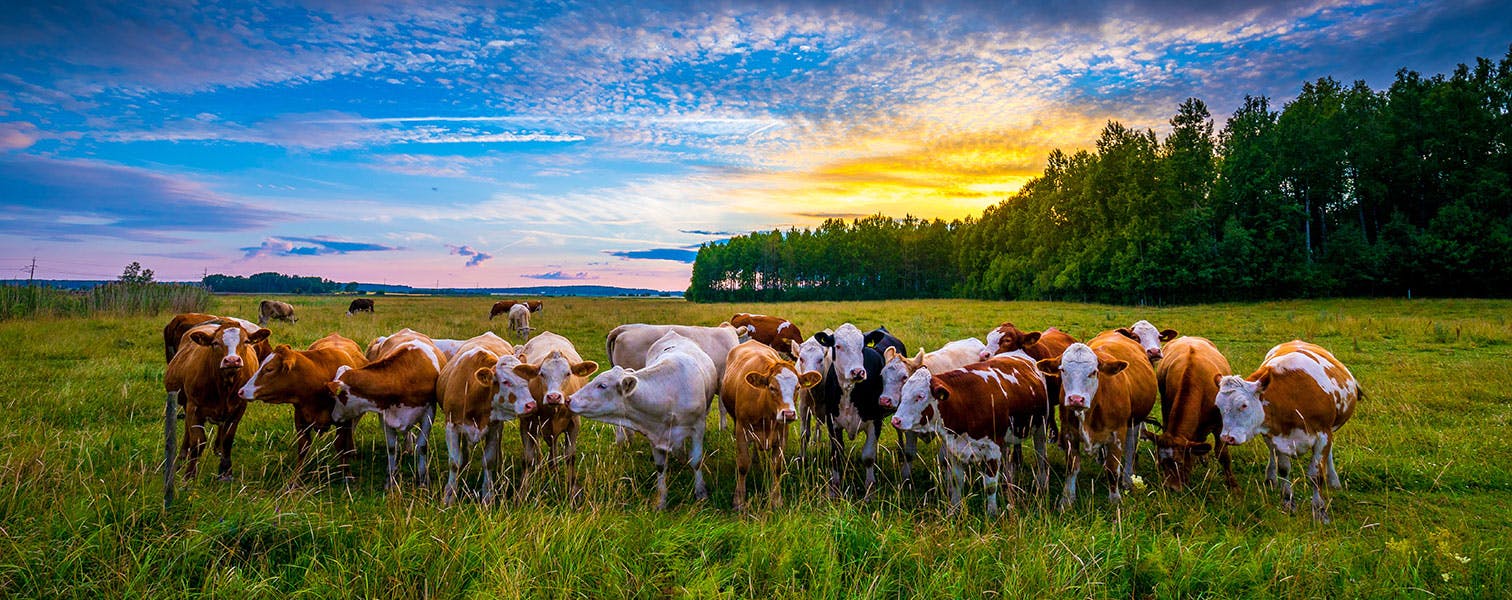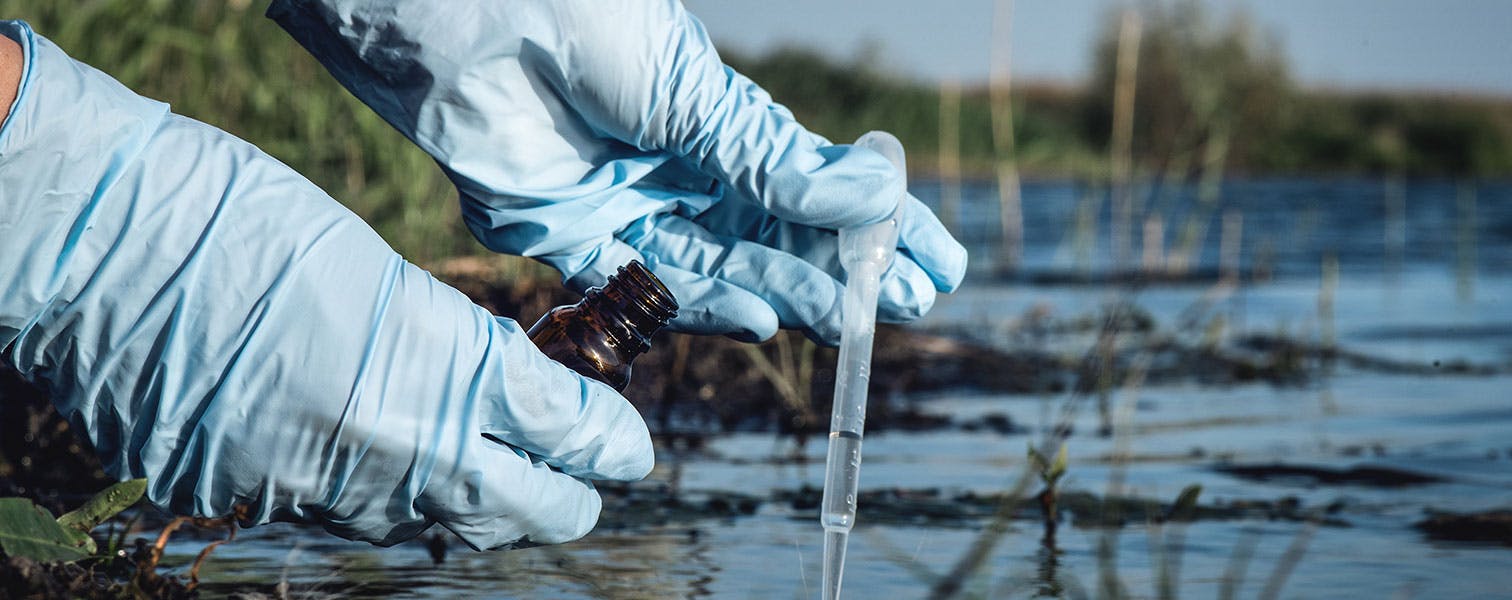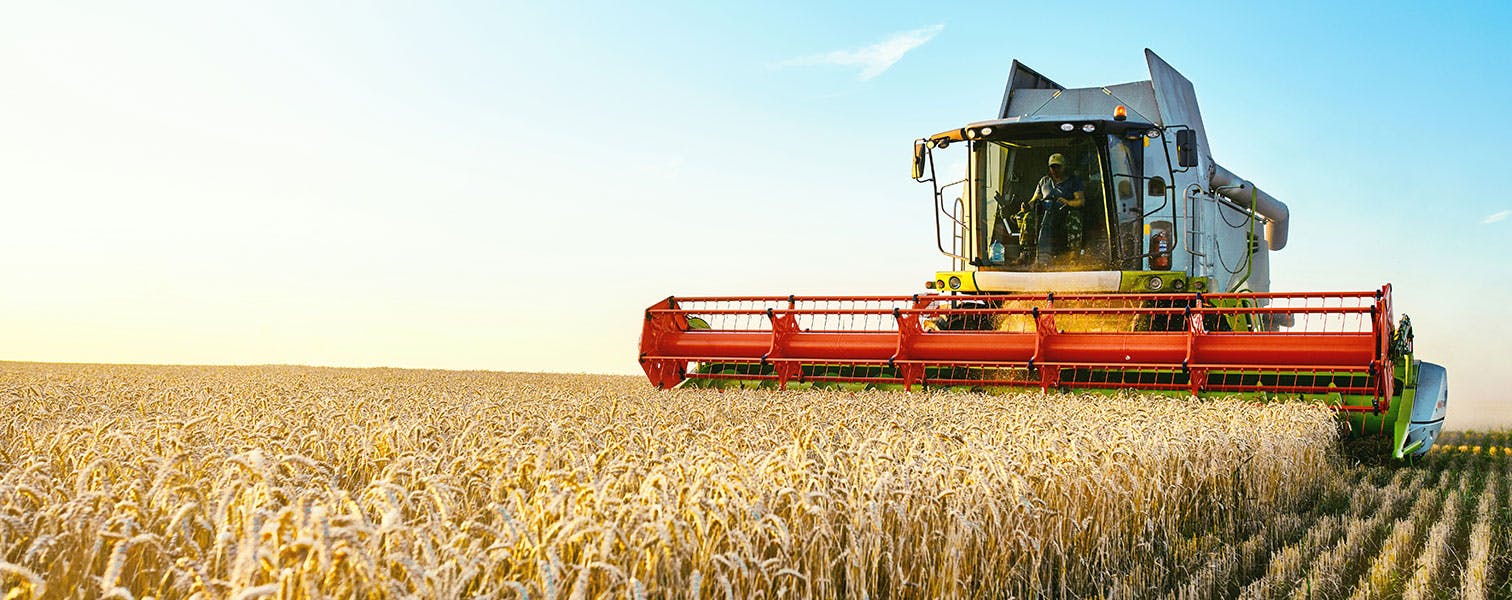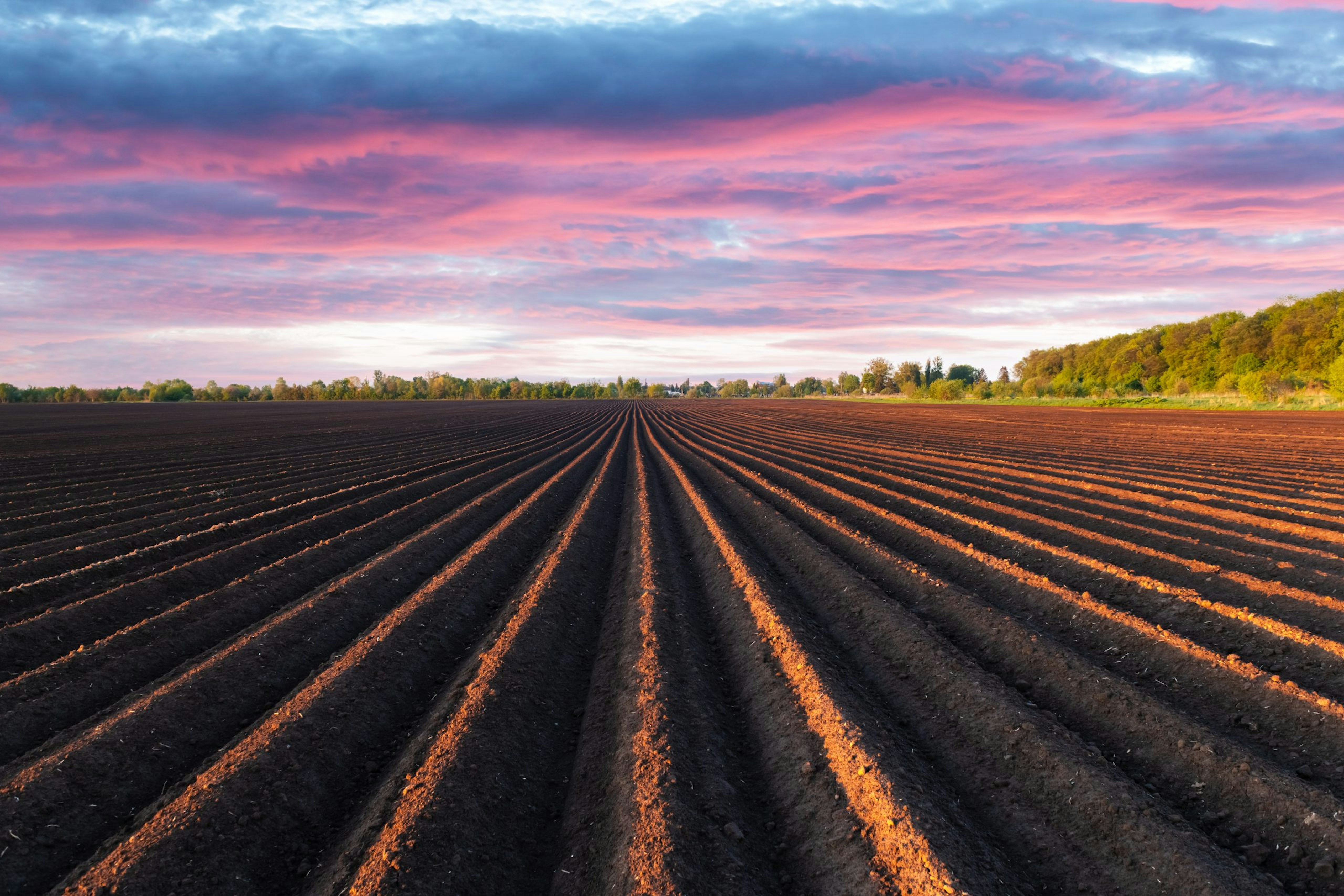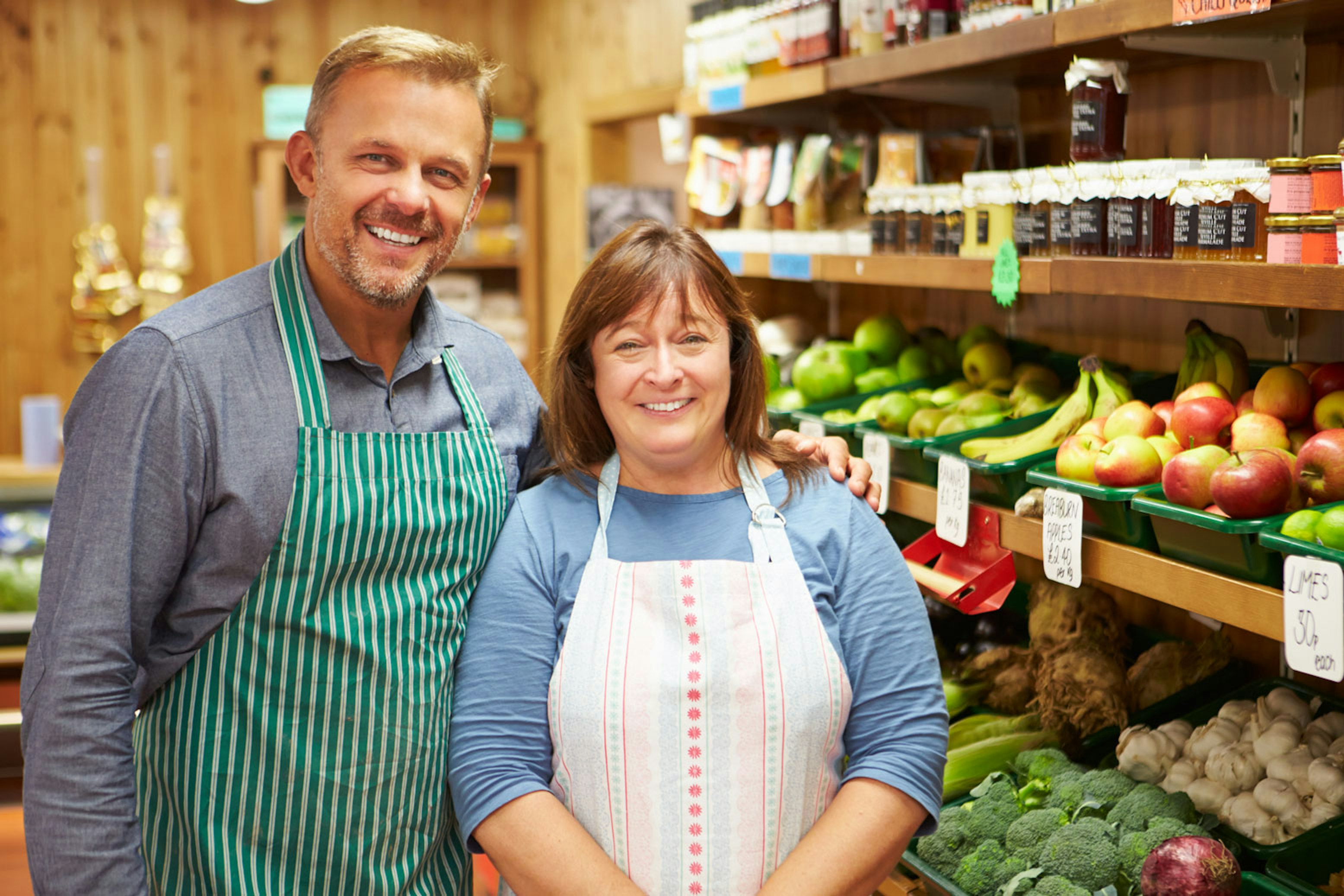
Farm Insurance
Comprehensive cover protecting against financial losses due to property damage, liability claims, and other risks inherent to the farming industry.
- Unique product only available to Alan Boswell Group
- In-house claims team for speedy and efficient service
- Specialist team with extensive experience in farm and agricultural insurance


Farm insurance is essential no matter the type of farm you operate. It safeguards your buildings, staff, stock, and machinery. Quality farm insurance provides cover for all these and more, offering you peace of mind knowing your livelihood is protected.
As farming becomes more diverse it makes sense to seek professional advice to ensure all risks are appropriately covered.
The Alan Boswell Group Difference
Farming is one of our fields of expertise. As a UK farm insurance broker we really do believe you reap what you sow. We have heavily invested in our farming expertise with dedicated farm experts across our offices, our own unique farm scheme, and farm specialists within our claims team. The advice provided and insurance we offer is specifically designed with farmers in mind.
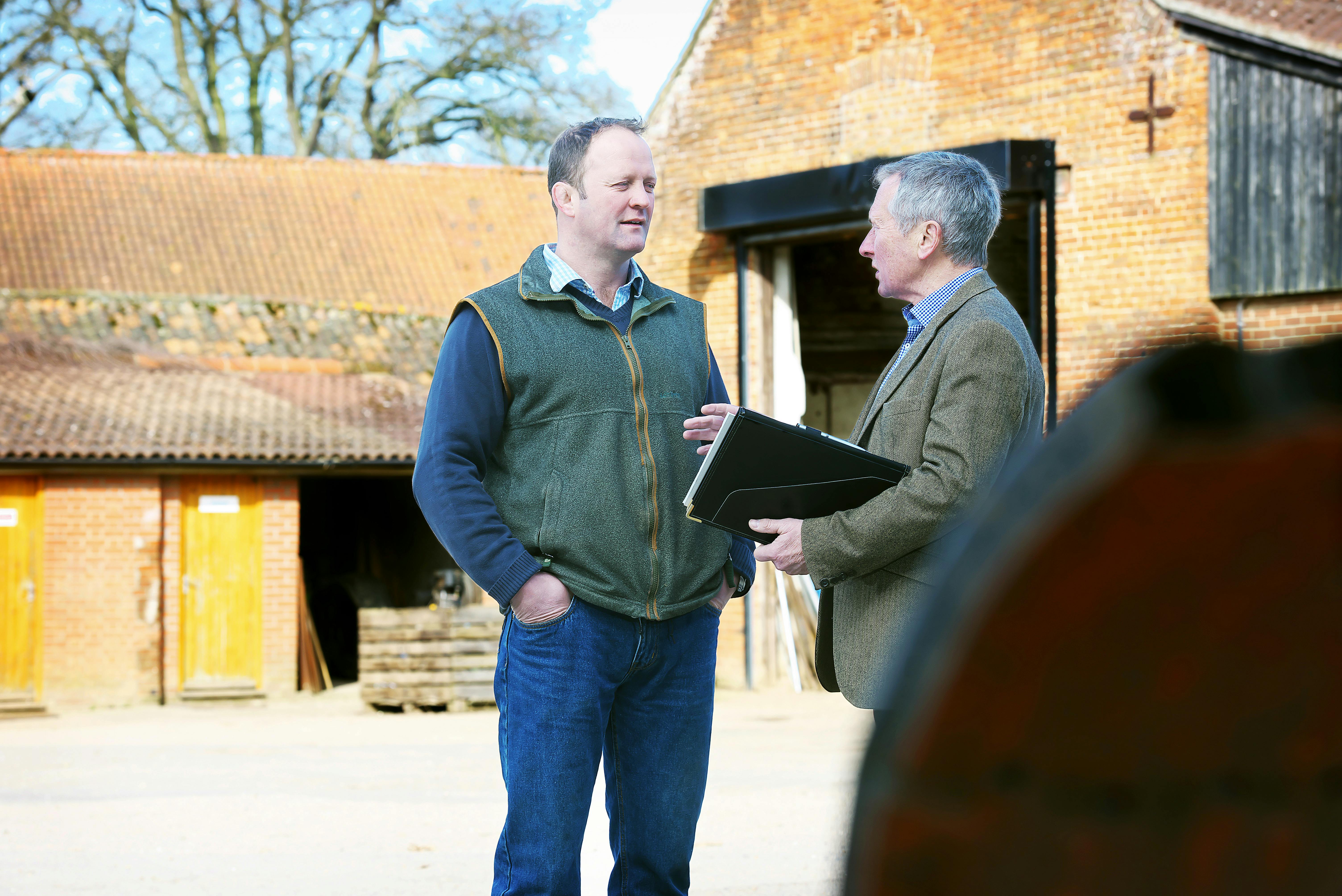
Farm insurance in detail
Material damage insurance
Livestock insurance
Hail damage insurance
Engineering breakdown and inspection
Public liability insurance
Employers' liability insurance
Environmental liability
Vehicles
Insurance for estates
Special events insurance
FAQs
Get in touch
Whether you need a quote, have a general enquiry, want to register a claim, or want to talk it through over the phone, we're here to help.




